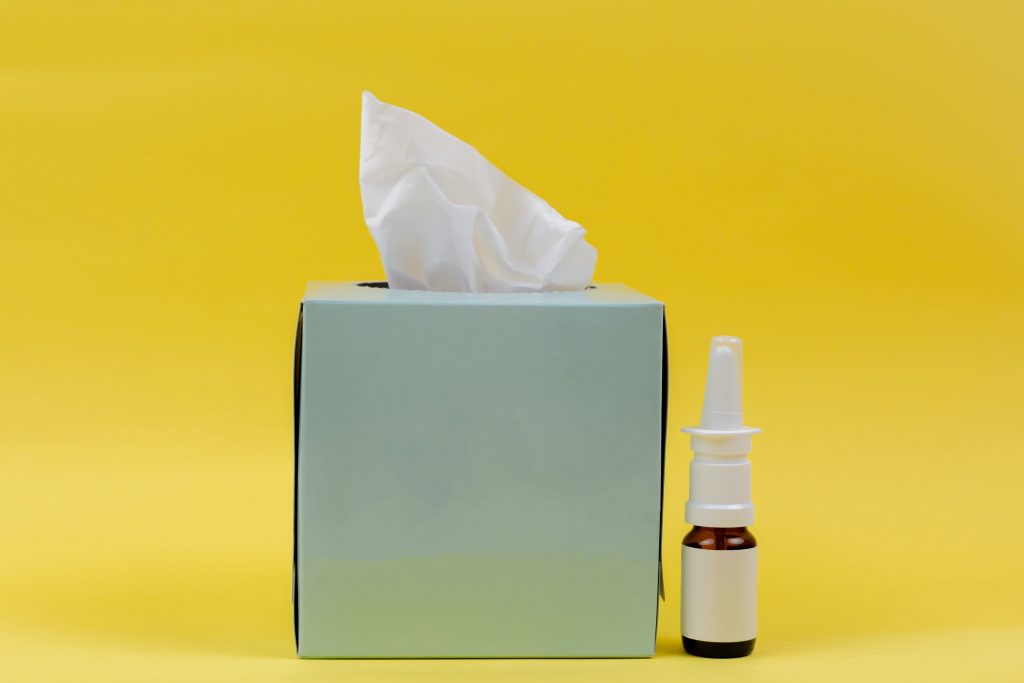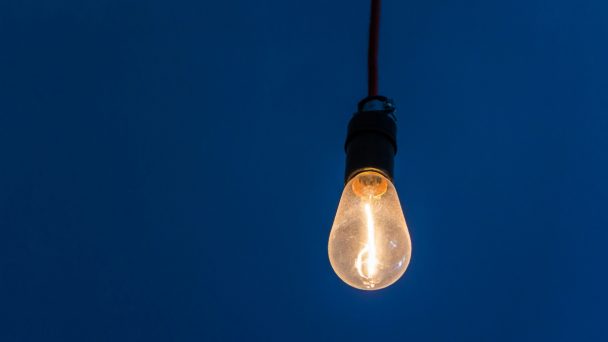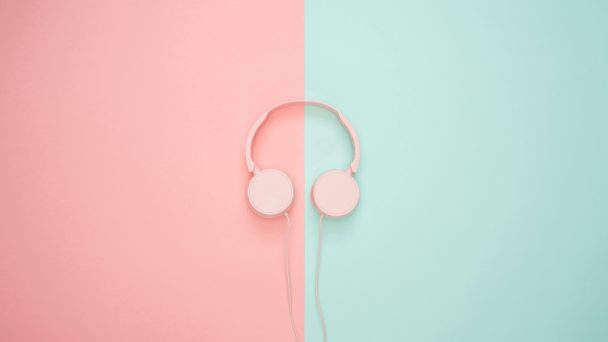Alcohol & antibiotics: rather not

A course of antibiotics, who hasn't ever had to take one? For example, to get rid of that ear, throat, bladder or other annoying inflammation. Thanks to antibiotics you will recover quickly and it may just be that at the end of your treatment you are already at a party somewhere. You feel good and feel like a glass of wine or beer. Do or don't?
You probably already feel it coming: don't do it. Antibiotics and alcohol are not a great combination. This has nothing to do with how the antibiotics work. Even when you drink alcohol, the active ingredients continue to do their job. However, alcohol in combination with antibiotics can lead to unpleasant and unhealthy side effects.
Double work for your liver
After an antibiotic has done its job, the liver's job is to break down the drug residue left in your body. This is quite an intensive process. Alcohol is also a substance that must be broken down by the liver. In short: with every glass of alcohol you drink, you put your liver to work twice as hard. This means it takes a lot longer for the alcohol and antibiotics to break down in your body.
Chance of side effects
Although alcohol does not affect how antibiotics work, it can increase the side effects of certain antibiotics (such as tinidazole and metronidazole). Think of side effects such as: severe headache, nausea, vomiting, diarrhoea, a faster heartbeat and lower blood pressure.
Alcohol slows the healing process
You naturally want to keep a body that has to fight against an infection or inflammation in optimal condition. Alcohol is not helpful in this case. For example, alcohol makes for a less good night's sleep. While rest is so important for a good recovery. So do you want to feel fit again quickly? Then leave the alcohol during and about two to three days after your course of antibiotics. After you have finished your course, your liver is still busy for 48 to 72 hours to break down the last drug residues.
Other mismatches with antibiotics
In addition to alcohol, there are other foods and drinks that you should avoid while taking antibiotics:
- Grapefruit (juice) blocks the action of the enzyme CYP3A4 in your body. This enzyme is important in the breakdown of drugs. If you eat a grapefruit, medicine residues can build up and you are more likely to experience side effects from the antibiotics.
- Caffeinated Drinks such as coffee, tea and cola do not combine well with some antibiotics. The combination makes your body less able to break down caffeine, causing it to build up and you can suffer from caffeine side effects such as insomnia or heart palpitations.
- Dairy products it is better not to take antibiotics at the same time. A complex connection is formed between the calcium in the dairy and the substances in the antibiotics. As a result, the antibiotics can no longer pass through the intestinal wall into the bloodstream: where they are supposed to do their job. Do you like to eat dairy? Then make sure that there is at least two hours between taking your medication and eating or drinking the dairy.
Check the label or consult your doctor
When it is better not to drink alcohol with a medicine, it is labeled 'Do not drink alcohol with this medicine'. And of course, if in doubt, you can consult your doctor or pharmacy. Although the best option in all cases remains to leave the alcohol for a while as long as the antibiotics do their work. The combination of IkPas and a course of antibiotics is therefore 100% declared healthy; †
Sources: hospital.nl, alcoholinfo.nl and afkickkliniekwijzer.nl


